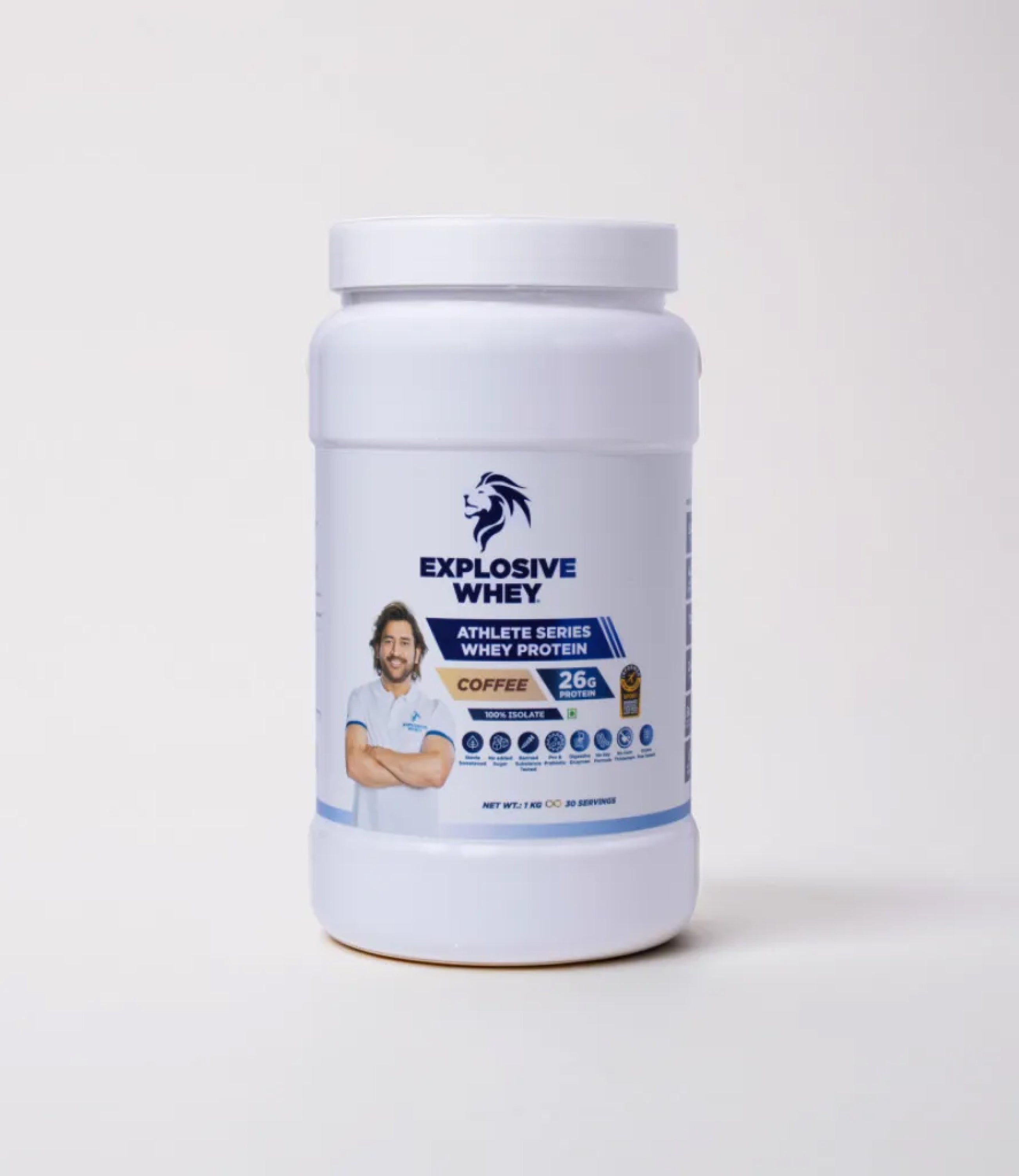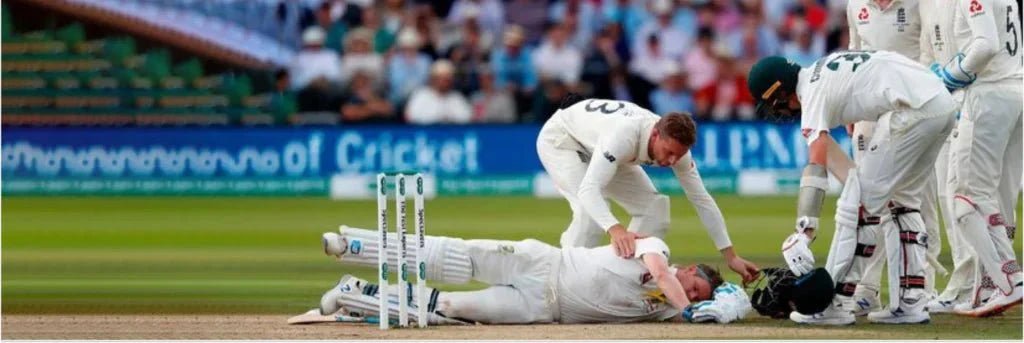As a cricketer, recovery is just as important as the time you spend practicing and playing. After an intense match or training session, your body needs proper nutrition to help repair and rebuild muscles, replenish energy stores, and prevent injury. This is where recovery nutrition comes in. By consuming the right nutrients at the right time, you can speed up the recovery process and improve your overall performance on the field. In this article, we will discuss the key elements of recovery nutrition for cricketers.
Timing of Recovery Nutrition
Timing is crucial when it comes to recovery nutrition. It’s recommended to consume nutrients within the first 30 minutes post-match/practice to take advantage of the anabolic window. This is a period of time when your body is primed to absorb and use nutrients more efficiently. During this time, you should aim to consume a combination of carbohydrates and protein to help replenish glycogen stores and repair muscle tissue.
Micronutrients for Recovery
Protein is the most important macronutrient for recovery as it provides the building blocks for muscle repair and growth. Consuming protein after a match or training session helps to reduce muscle soreness and prevent muscle breakdown. The recommended amount of protein for cricketers is 1.2-1.6 grams per kilogram of body weight.
Carbohydrates are also important for recovery as they are the main fuel source for the body during exercise. Consuming carbohydrates after a match or training session helps to replenish glycogen stores, which can become depleted during intense exercise. Good sources of carbohydrates include fruits, vegetables, whole grains, and sports drinks.
Fats are also important for energy and hormone regulation. However, it’s recommended to keep fat intake low immediately after a match or training session as it can slow down digestion and delay nutrient absorption. Good sources of healthy fats include avocados, nuts, seeds, and fatty fish.
Vitamins and minerals are essential for overall health and recovery. Some of the important vitamins and minerals for cricketers include:
- Vitamin C: helps to reduce muscle soreness and inflammation
- Vitamin E: helps to reduce muscle damage and improve recovery
- Iron: essential for oxygen transport and energy production
- Magnesium: important for muscle and nerve function
- Zinc: important for immune function and protein synthesis
Good sources of these micronutrients include fruits, vegetables, nuts, and whole grains.
Hydration
Hydration is also crucial for recovery. It’s recommended to drink water before, during, and after a match or training session to help regulate body temperature and prevent dehydration. The recommended fluid intake for cricketers is 7-10 ounces of fluid every 10-20 minutes during exercise. Electrolytes such as sodium and potassium are also important for hydration as they help to maintain fluid balance in the body. Good sources of electrolytes include sports drinks and coconut water.
Recovery Meals and Snacks for Cricketers
In addition to timing, the composition of your recovery meals and snacks is also important. Aim for nutrient-dense foods that provide a balance of carbohydrates and protein. Good examples include:
- Whole grain toast with peanut butter and banana
- Greek yogurt with fruit and nuts
- Chicken and vegetable stir-fry with brown rice
- Tuna salad with whole grain crackers
- Protein shake with banana and almond milk
Supplements for Recovery in Cricketers
Supplements can also be beneficial for recovery, but they should be used in addition to a balanced diet, not as a replacement for it. Some of the supplements that may benefit cricketers include:
Protein powder can be a useful supplement for recovery in cricketers, particularly for those who engage in intense training sessions or matches. Protein is an essential nutrient for muscle repair and growth, and is particularly important for athletes who engage in high-intensity exercise. Consuming protein powder after a workout or match can help to replenish the body’s stores of amino acids, which are the building blocks of protein.
Creatine is a naturally occurring compound in the body that helps to produce energy during high-intensity exercise. Supplementing with creatine has been shown to increase muscle strength and endurance, and may also aid in muscle recovery. It is important to note that not everyone may benefit from creatine supplementation, and it is best to consult with a healthcare professional before starting to take it.
Beta-alanine is an amino acid that helps to reduce muscle fatigue and improve endurance. It is commonly found in pre-workout supplements and can also be taken on its own. While there is some evidence to suggest that beta-alanine supplementation may benefit athletes, more research is needed to fully understand its effects.
Omega-3 supplements are essential; it plays a role in reducing inflammation, improving joint health, and supporting cardiovascular health. They are commonly found in fatty fish, such as salmon and tuna, and can also be taken in supplement form.
It is important to note that while supplements can be beneficial, they should not be used to replace a healthy and balanced diet. Cricketers should prioritize consuming nutrient dense foods and meeting their nutritional needs through food first. It is also important to consult with a healthcare professional before starting to take any new supplements, especially if you have any underlying health conditions or are taking medication.
Recovery nutrition for cricketers is crucial to maintain optimal performance and reduce the risk of injury. Consuming the right balance of macronutrients and micronutrients within the first 30 minutes post-match/practice is important to facilitate recovery and maximize the benefits of the anabolic window.
Cricketers should also prioritize staying hydrated and consuming nutrient-dense foods to support overall health and recovery. While supplements can be beneficial for recovery, they should be used in addition to a balanced diet, not as a replacement for it. By following these guidelines, cricketers can optimize their recovery nutrition and perform at their best on the field.










Leave a comment
This site is protected by hCaptcha and the hCaptcha Privacy Policy and Terms of Service apply.